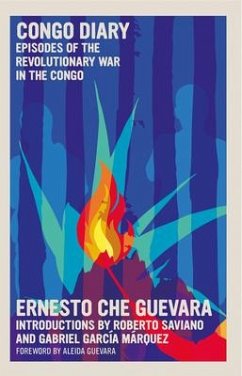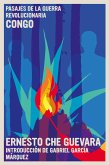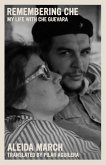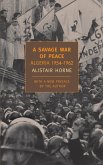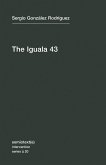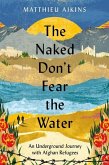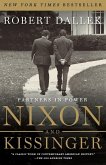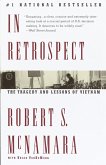Ernesto Che Guevara's diary of his revolutionary struggle in Congo alongside Cuban guerrillas.
In April 1965, Che Guevara set out clandestinely from Havana to Congo to head a force of some 200 veteran Cuban soldiers to assist the African liberation movement against Belgian colonialists, four years after the assassination of the democratically elected socialist president of Congo, Patrice Lumumba.
This diary deals with what Che admits was a "failure," and he examines every painful detail about what went wrong in order to draw constructive lessons for planned future guerrilla movements. Unique among his books, Congo Diary gives us Che's brutal honesty and his story-telling ability as he recounts this fascinating episode of guerrilla warfare unblinkingly and without sugar coating or jargon. Considered by some to be Che's best book, it is also one of the few that he had a chance to edit for publication after writing it.
Hinweis: Dieser Artikel kann nur an eine deutsche Lieferadresse ausgeliefert werden.
In April 1965, Che Guevara set out clandestinely from Havana to Congo to head a force of some 200 veteran Cuban soldiers to assist the African liberation movement against Belgian colonialists, four years after the assassination of the democratically elected socialist president of Congo, Patrice Lumumba.
This diary deals with what Che admits was a "failure," and he examines every painful detail about what went wrong in order to draw constructive lessons for planned future guerrilla movements. Unique among his books, Congo Diary gives us Che's brutal honesty and his story-telling ability as he recounts this fascinating episode of guerrilla warfare unblinkingly and without sugar coating or jargon. Considered by some to be Che's best book, it is also one of the few that he had a chance to edit for publication after writing it.
Hinweis: Dieser Artikel kann nur an eine deutsche Lieferadresse ausgeliefert werden.
"A memoir, an autopsy and a kind of confession, the author reveals his own misdeeds and miscalculations... Is there something to be learned from his book? Yes. Tell the truth, even if and when it hurts. To replace colonialism with neocolonialism, or one group of neocolonialists with another group that does not look so bad, Che wrote, is not a correct revolutionary strategy.
Jonah Raskin, Counterpunch
Jonah Raskin, Counterpunch

